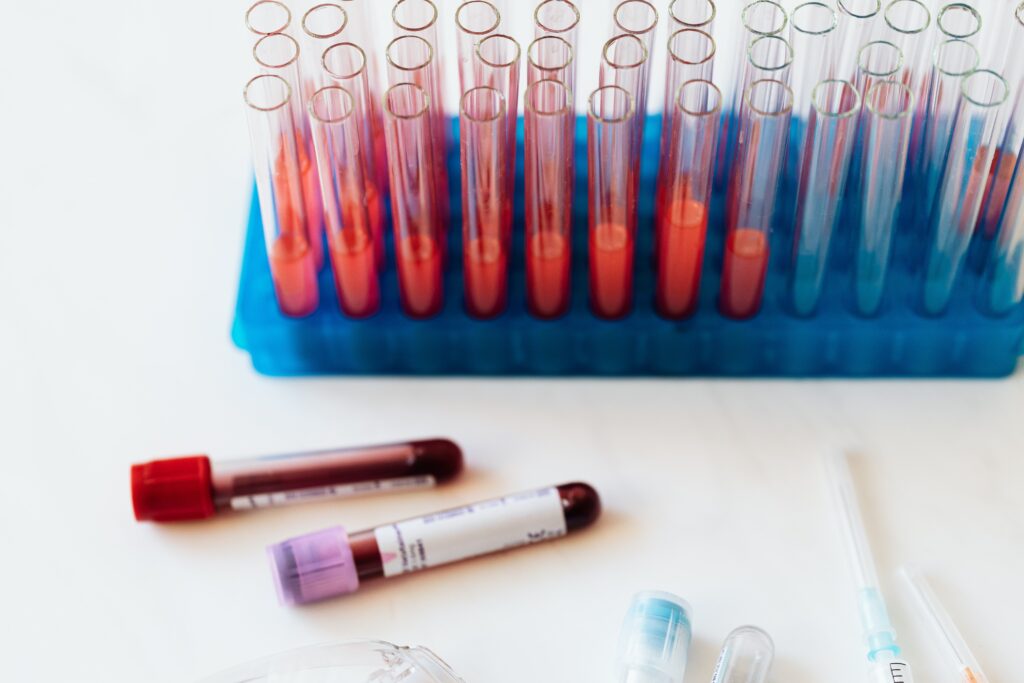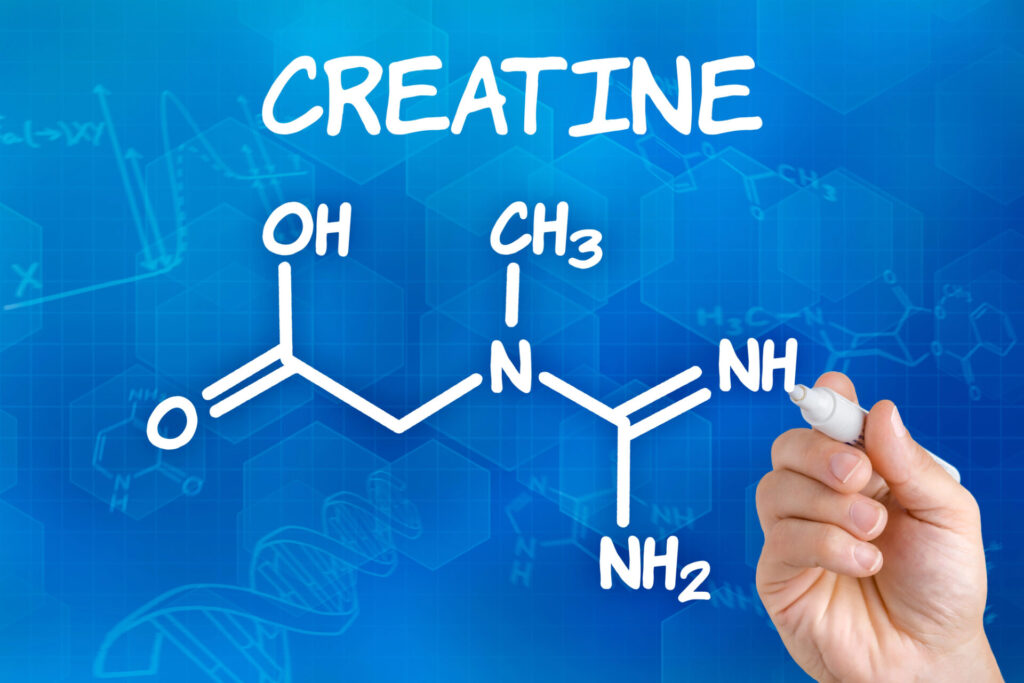The next time you order blood tests for a patient, be sure to ask if they are taking biotin. New research presented at the annual American Association of Clinical Endocrinology (AACE) meeting shows that biotin supplements may interfere with certain biotin-based laboratory immunoassays, producing false or misleading results.
Survey Results & Study Details
Researchers recruited 264 patients from a family clinic in rural Michigan and asked them to complete surveys. Of the participants, 66.3 percent were women. Of the 249 subjects who completed the questionnaire, 20.4 percent said they were taking biotin products, 87 percent of whom were female. Drilling down further, 31.5 percent of those supplementing with biotin (6.8 percent of total subjects) disclosed using 5 mg or more of the vitamin daily.
The problem comes down to dosage, say the study authors. Taking 5–10 mg of biotin, sometimes twice daily, appears to interfere with certain assays. Research conducted in 2017 and again in 2019 linked biotin use with a false low reading of troponin, which is an indicator of a heart attack. That incident prompted the FDA to issue a warning about biotin supplements.
Manufacturers of hair, skin and nail products are seeing record sales as more people turn to natural ingredients like biotin, collagen, and silicon for a beauty boost. Biotin, in particular, is popular among women, many of whom are taking high doses of the vitamin in a tasty gummy form.
The authors of the AACE trial explain that biotin can also produce inaccurate results on thyroid panels, specifically increased triiodothyronine and thyroxine and falsely low thyroid-stimulating hormone. So patients may seem to have Graves disease when they in fact do not.
“Case reports involving biotin interference in laboratory tests have been reported worldwide (United States, China, Europe, South America, Australia, New Zealand, and Middle Eastern countries) and may involve all ages (newborns to older adults) and genders. Treatments for multiple sclerosis and inborn errors of metabolism are the 2 most cited reasons for biotin ingestion in these published cases of interference. The majority of these cases involved biotin interference with thyroid-stimulating hormone (TSH) and other thyroid-function tests; the rest involved other endocrine tests, such as parathyroid hormone (PTH), adrenocorticotropic hormone, prolactin, testosterone, and cortisol. In many of these case studies, biotin interference was confirmed by significant changes in the affected laboratory results when the patient stopped consuming biotin.”
Keep in mind that not all laboratories are the same. Tests done at Abbott Laboratories, for example, are not impacted by biotin use. In addition to asking patients about their biotin use, ask your go-to lab about biotin. If patients want to continue taking high doses of biotin, instruct them to stop taking the vitamin three weeks prior to a blood test.
Conclusion
The recent increase in the use of high-dose biotin supplements requires that laboratorians and clinicians be mindful of the potential for biotin interference in biotinylated immunoassay–based laboratory tests. Laboratories, clinicians, and patients should work together to ensure accurate laboratory results. Laboratories have several options for identifying suspected biotin interference in specimens. Alternatively, the relatively fast elimination of biotin allows for rapid follow-up specimen analysis.






